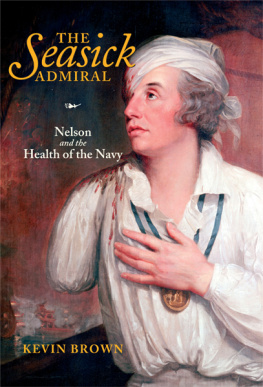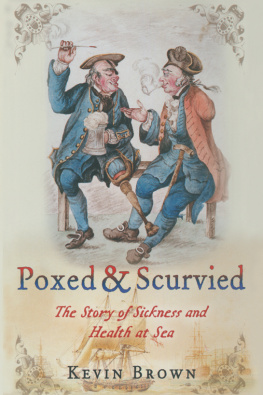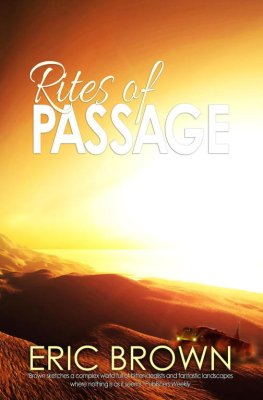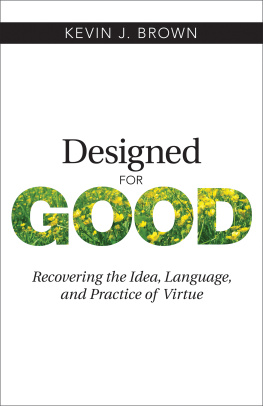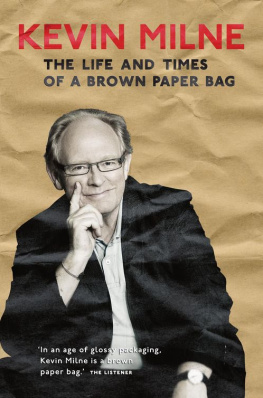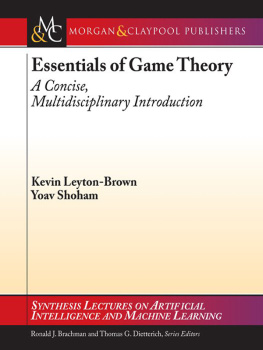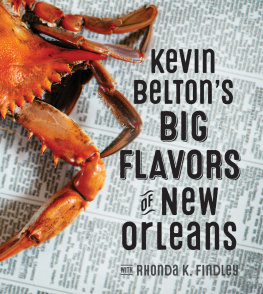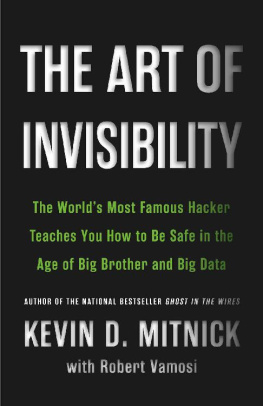Copyright Kevin Brown 2013
First published in Great Britain in 2013 by
Seaforth Publishing,
Pen & Sword Books Ltd,
47 Church Street,
Barnsley S70 2AS
www.seaforthpublishing.com
British Library Cataloguing in Publication Data
A catalogue record for this book is available
from the British Library
ISBN 978 1 84832 1366
All rights reserved. No part of this publication may be reproduced
or transmitted in any form or by any means, electronic
or mechanical, including photocopying, recording,
or any information storage and retrieval system, without
prior permission in writing of both the copyright
owner and the above publisher.
The right of Kevin Brown to be identified as the author
of this work has been asserted by him in accordance with the
Copyright, Designs and Patents Act 1988.
Typeset and designed by M.A.T.S. Leigh-on-Sea, Essex
Printed and bound by CPI Antony Rowe, Great Britain
We are all migrants in some way, even if the journey is only from one street to the next or from one community to another, which is perhaps what makes us so interested in the story of those who embarked on a great adventure into the unknown, to a new and unfamiliar continent at a time when a journey by sea was hazardous and long. Shipwrecks and disease were only two of the perils to be faced and to embark on the journey demanded great courage. Just moving house can be stressful enough, without being completely uprooted and having to face unknown seas.
This book is about a journey of discovery, a rite of passage as the emigrant travelled between the old and new worlds, separated by the vast ocean. It is but a short incident in the journey to a new life. That journey began with the decision to seek out new shores, and perhaps only ended when the emigrant had established a new life, for better or for worse. Yet, for most migrants in the great age of emigration in the nineteenth and early twentieth centuries, that journey by ship was life-changing and an unforgettable experience at a time when travel was not easy and the sea held the terror of the unknown. Each emigrant had his or her own tale and unique experience, but it is the sum of those individual stories that helps us understand the experience of what it was like to travel on an emigrant ship.
The stories of those emigrants who sailed from Europe to the Americas, Australia and New Zealand, and on the coolie ships from India and China to the West Indies, Mauritius and South America, are all diverse. The length of the journey and the social and ethnic origins of the emigrants all made for differences. However, a major influence on all of these emigrant ships, for good or ill, was the abolition of the slave trade and the need for alternative uses for ships that had previously carried slaves, the need for a new form of human cargo, and for alternative sources of labour for the colonies and the new United States. The end of the transportation of convicts to Australia had a similar impact, while the standards laid down on the convict ships offered a model for emigrant ships which has benefited passengers ever since, including those on the luxury liners. Attempts to reform the iniquities of steerage and to learn the lessons from disasters striking emigrant ships also contributed to the improvement of maritime conditions from which the modern passenger and crew have profited from medical care to lifeboats.
Although the common impression of emigrant ships is of the miseries of steerage, many emigrants travelled in more luxury, and considered themselves superior to those in steerage. They would probably have agreed with the Belgian legislation of 1876 which denied emigrant status to anyone on an emigrant ship taking their meals at the captains or an officers table, though it should not be forgotten that even a magnificent liner like the Titanic was officially classed as an emigrant ship. Inevitably, many of the memoirs of voyages on emigrant ships come from these better-off and more educated emigrants, but are still a marvellous source for understanding what it was like to be on those ships. Occasionally there is a voice from the humbler emigrant in the official record, however rare, which summons up their world as seen from below.
While the abolition of the slave trade, and then the boost to the emigrant business given by the end of the French Wars, makes a defined starting point for this book, the end date was always going to be more elastic. The First World War marked a watershed in the history of migration to the United States, when, following the peak of immigration from Europe, the war slowed it all down and in the early 1920s restrictions were put in place. Emigration to Australia, however, continued. The Second World War again brought a halt to the shipping of emigrants other than for the deportation to the dominions of enemy aliens. After the war, emigration continued but the story of the so-called ten-pound Poms is another story, as is that of emigration in the reverse direction, the influx from the former colonies of immigrants to Britain beginning with the much-told voyage of the Windrush. In the post-war years too, emigration by air became more significant than by sea.
Research and writing inevitably involve ploughing a lone furrow through an ocean of source material and information, rather than being in the crowded huddle of steerage yet none of it would be possible without the support and help of many people. The staffs of the various archives, libraries and museums that I have visited in the course of research for this book are all under pressure, as budgets and staffing levels are slashed as a result of the economic crisis, but they continue to give a service which is often undervalued. All of them are contributing to preserving and making available those original sources which make it possible to study and understand the past. I wish to thank them for carrying on with that essential work against the tide of sometimes unrelenting, woeful philistinism.
In Trieste, I am very grateful to Lorenzo Glavici for sharing with me his love of his native city and for giving me a tour of the city with an emphasis on Triestes maritime and emigrant history, adding a personal dimension with his own familys story and experiences. David Evison of the Gibraltar History Society showed me Gibraltars naval hospitals which gave me an insight into the places involved in the care for the survivors from the sinking of the Utopia. I also wish to thank for their help and support: Tudor Allen, Gale Lewis, Ron Dixon, Giuseppe Conti (Sindaco of Bardi), Denis Beiso of Gibraltar Archives, Lorna Swift of the Garrison Library in Gibraltar, and Robert Gardiner and his colleagues at Seaforth Publishing. I must also mention the late Duncan MacLeod of the University of Oxford, whose stimulating tutorials when I was studying a further subject on nineteenth-century American history, albeit at an undergraduate level, saw my first delving into the history of immigration, and reinforced in an inspiring way the view that history should be fun as well as intellectually demanding. There are also the people who, on learning of my latest project, have shown interest and made suggestions about avenues that may or may not be worth investigating, including members of the audience for the lectures I gave on the Independence of the Seas earlier this year, and an attendee at my lecture in Menorca in aid of the worlds first permanent naval hospital in June 2011. Everyone who has helped or made suggestions for this book has shared that simple joy and enjoyment in studying history, which brings the past back to life and helps inspire the writer with the knowledge that there will be an appreciative and informed audience for another reconstruction of the past.



